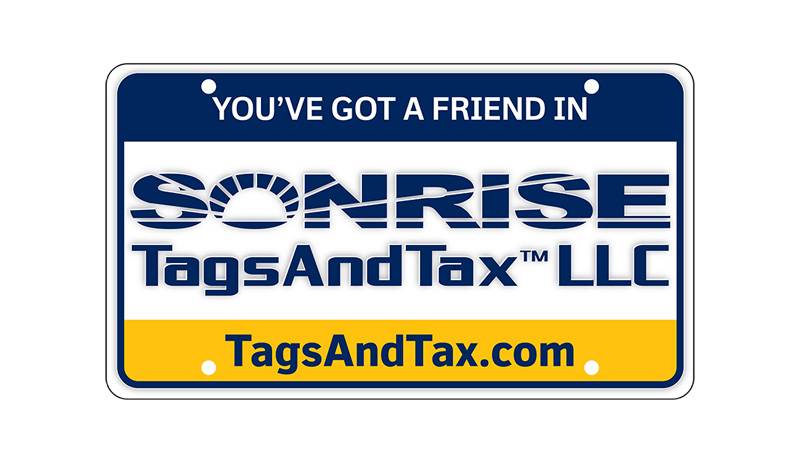FAQ – Notary Services

Navigating the world of legal documents can often be confusing and overwhelming. That’s where notary services come in. Notaries play a crucial role in ensuring the authenticity and legality of important documents. In this Q&A article, we will address some common questions about notary services and how they can assist you.
Q: What is a Notary Public?
Answer: A Notary Public is an individual appointed by the government to serve as an impartial witness in the signing of important legal documents. Their primary role is to prevent fraud and ensure that all parties involved in a transaction are entering into agreements knowingly and willingly. Notaries verify the identity of signers, confirm their understanding, and ensure that they are signing voluntarily.
Q: What Types of Documents Require Notarization?
Answer: Several types of documents require notarization, including but not limited to:
- Real estate documents such as deeds, mortgages, and leases
- Affidavits and sworn statements
- Powers of attorney
- Wills and trusts
- Loan documents
Notarization requirements can vary by jurisdiction, so it’s always a good idea to check with a local notary or legal professional if you’re unsure whether notarization is necessary.
Q: How Does the Notarization Process Work?
Answer: The notarization process involves several steps to ensure the document’s legitimacy. Here’s what you can expect:
- Verification of Identity: The notary will ask to see a government-issued photo ID to verify your identity. This step is crucial to prevent fraud.
- Review of Document: The notary will review the document to ensure it is complete and ready for signing. They will not provide legal advice or interpret the document’s contents.
- Witnessing the Signing: You will sign the document in the presence of the notary, who will then affix their official seal as proof of notarization. This seal indicates that the signing was done willingly and the identity of the signer was verified.
- Record Keeping: The notary will record the transaction in their notary journal, which serves as a public record of the notarization.
Q: What Should I Bring to a Notary Appointment?
Answer: To ensure a smooth notarization process, make sure to bring the following items:
- The document(s) that require notarization
- A valid, government-issued photo ID (e.g., driver’s license, passport)
- Any additional supporting documents, if necessary
It’s also a good idea to call ahead and confirm what you need, as requirements may differ depending on the type of document and the notary’s policies.
Q: How Much Do Notary Services Cost?
Answer: Notary fees vary depending on the location and the complexity of the document. Some states have set maximum fees that notaries can charge, while others allow notaries to set their own rates. Generally, you can expect to pay a nominal fee for standard notarization services.
Q: Can I Get Documents Notarized Online?
Answer: Yes, in many jurisdictions, remote online notarization (RON) is available. This process allows documents to be notarized electronically via video conferencing technology. It’s essential to check if your state or country permits RON and to use a reputable platform that complies with legal standards.
Q: How Do I Find a Notary?
Answer: Finding a notary is relatively easy. If you live in Central Pennsylvania, Sonrise Tags & Tax may be a good option.
Sonrise Tags & Tax LLC is a locally-owned tag agency and tax preparation/resolution business operating in an environment that is increasingly dominated by national and regional chains or franchises. Contact us for more information.
Notary services play a vital role in ensuring the legality and validity of important documents. Whether you’re buying a home, drafting a will, or entering into a contract, a notary can provide peace of mind by verifying identities and witnessing signatures. Always be prepared with the necessary documentation and identification to make the notarization process as smooth as possible.


